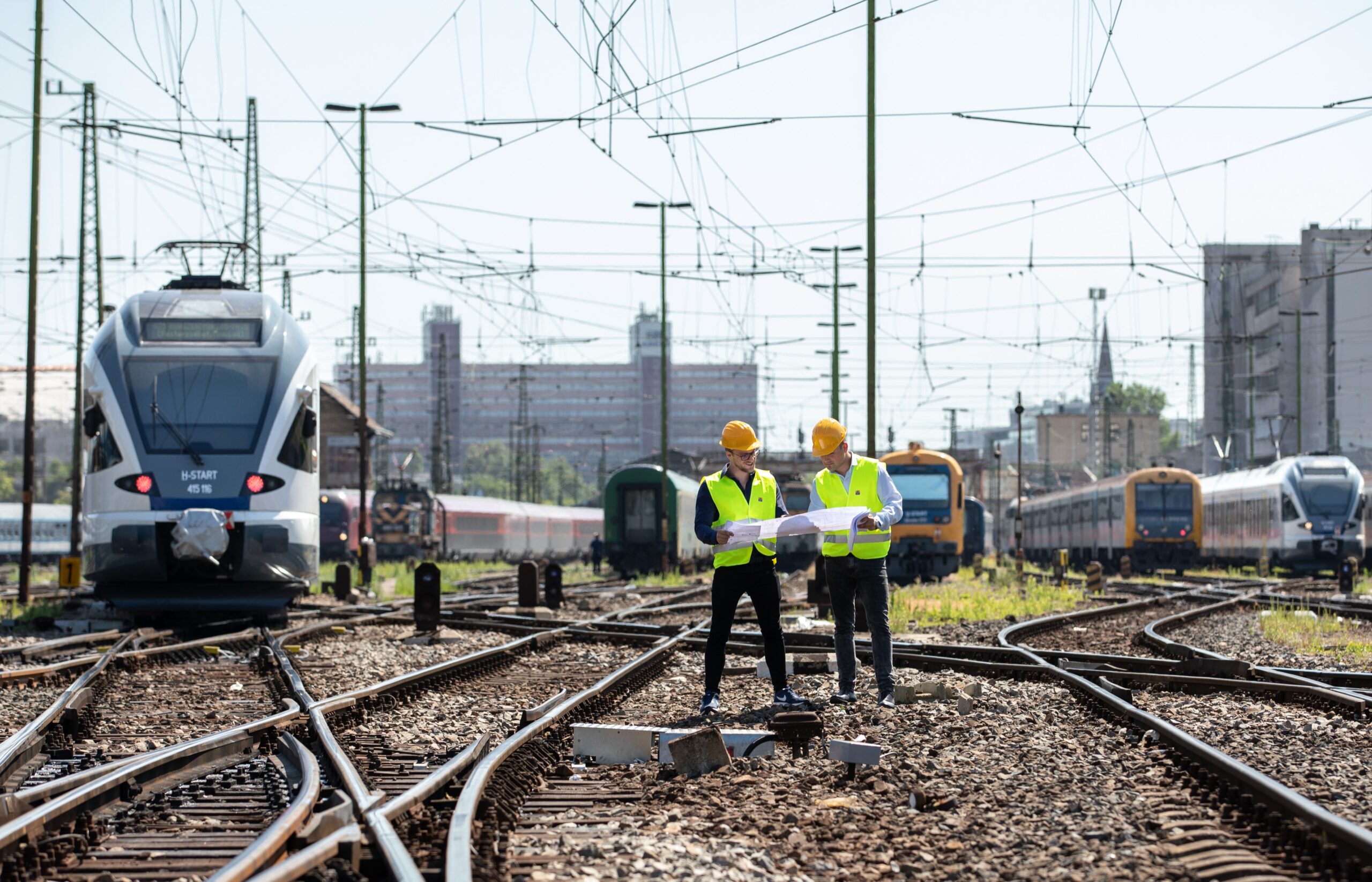The program leads to a BSc degree in four years. Two specialisations are offered: Structural Engineering and Infrastructure Engineering. Graduates from the BSc Specialization in Structural Engineering are able to design, construct and organize the investments of mechanically, structurally and technologically complex structures in close cooperation with other specialists. These structures include bridges, tunnels; power stations, craneways, line structures; industrial plants, multi-storey buildings, water utility structures. Graduates from the BSc Specialization in Infrastructure Engineering are able to design and construct urban and regional infrastructure, such as roads, railways, water and wastewater utilities, hydraulic constructions, and organize engineering activities in these fields.
Steps: – preevaluation of the submitted documents: quality of secondary school leaving certificate and/or transcript, motivation letter, recommendation letter (if available), extra-curricular activities – electronic e-admission test (via internet): Mathematics, Physics (the test is in English) – visit www.bme.hu for further information and training for the test Result: admission to BSc course / admission to Pre-Engineering course / admission rejected
You can study at BME with a scholarship or as a self-funded student, by paying tuition fees. Various scholarships help you cover tuition fees and your living expenses during your studies. Successful PhD students may receive additional support from research grants.
Civil engineering students are exposed to a wide range of technical problems and tasks and can choose between 2 specializations. Graduated engineers will be able to plan, construct and maintain buildings and engineering constructions e.g. bridges, roads, railways, water utilities and tunnels.
Calculus, Physics, Mechanics, Chemistry, Geology
Surveying, Informatics, CAD, BIM, Hydraulics, Hydrology, Soil Mechanics, Strength of Materials
Construction Materials, Civil Engineering Representation, Roads, Railway Tracks, Structural Analysis, Public Works, Earthworks, Steel Structures, Reinforced Concrete Structures, Foundation Engineering
Communication Skills for Civil Engineers, Business Law, Management and Business Economics, Micro- and Macroeconomics, Urban and Regional Development
Surveying filed course
Specialization in buildings: Students learn about the design of high-rise construction supporting structures (halls, frame buildings). The student completing the specialization is able to model and examine high-rise support structure systems. Transportation specialization: Students studying here acquire special engineering knowledge related to road and railway planning, as well as urban transportation planning and can apply their knowledge in practice. Specialization in water engineering: Students studying here receive engineering knowledge related to special water construction works. Specialization in water utilities and environmental engineering: Students studying here acquire special engineering knowledge related to water utilities and environmental protection.
